Transforming Côte d'Ivoire's Cashew Sector with Phygital Empowerment
In Bouake, Côte d’Ivoire, an interesting scene is unfolding. Close to a cashew farm, women farmers gather around a woman who walks them through a mobile application. The farmers are looking for easier ways to sell their cashews at competitive prices. These kinds of scenes are becoming more common in Bouake, thanks to Wi-Agri. By understanding the challenges rural Ivorian women face, often out of school (by force or occasionally by choice) and tasked with covering household costs, Wi-Agri is able to design for them rather than around them.
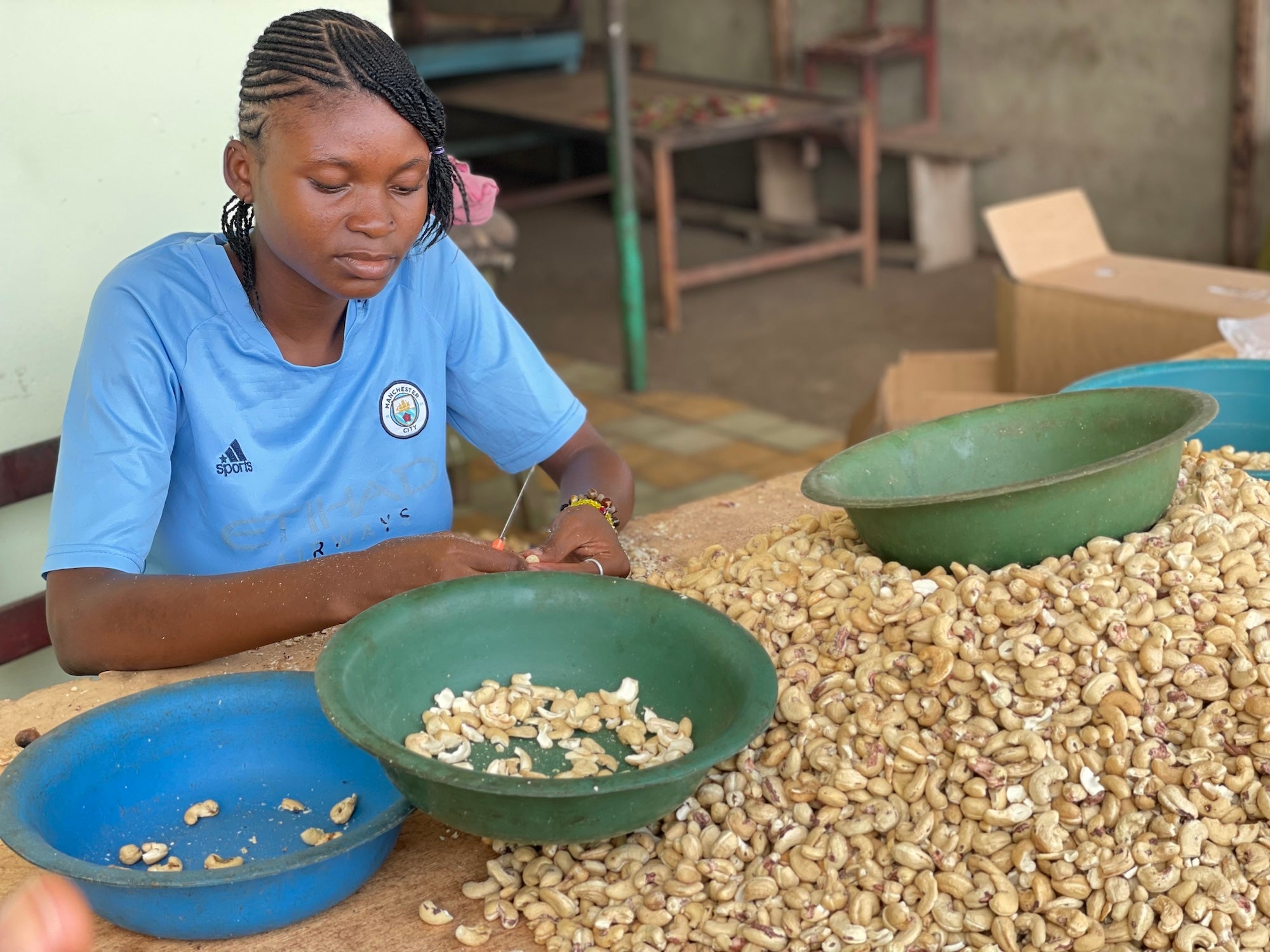
The cashew nut industry: a mixed bag
Côte d'Ivoire is the world's leading cashew nut producer, with annual production approaching one million tons. In fact, national marketed production grew by 19% to 1,225,935 tons in 2023. Behind this success lies an army of hard workers, including 500,000 producers, 20% of whom are women. These farmers are engaged in the primary parts of the value chain that require physically demanding and time-consuming labor. However, the burden of production is not limited to the field. Many farmers, particularly women struggle to access affordable financing to purchase inputs and tools that could make their cultivation process more efficient. Generally, the sector is marked by price instability, quality issues of the nuts, lack of liquidity, and lack of structuring among the actors. These problems add to the obstacles women already face, making their economic advancement difficult.
Time constraints prevent women farmers from fully managing their plantations
Most rural women bear the responsibility of managing household expenses. However, they typically are not the primary income earners and may struggle to access financing. Although they actively contribute to the cultivation and processing of cashew nuts, their efforts to cover household food costs and manage additional expenditures highlight the disproportionate economic responsibilities placed upon them.
Women rely on strong community networks for economic support
Women actively participate in savings and mutual aid groups, commonly known as AVEC or tontine groups, and rely on these channels for financial support given their limited access to formal banking services. For instance, when a woman focus group participant's husband fell ill and couldn't work, she turned to her savings group (AVEC) for a loan to cover their children's school fees. She also belongs to a mutual aid group that helps her with land clearing and maintenance of her fields since she lacks sufficient means to hire laborers.
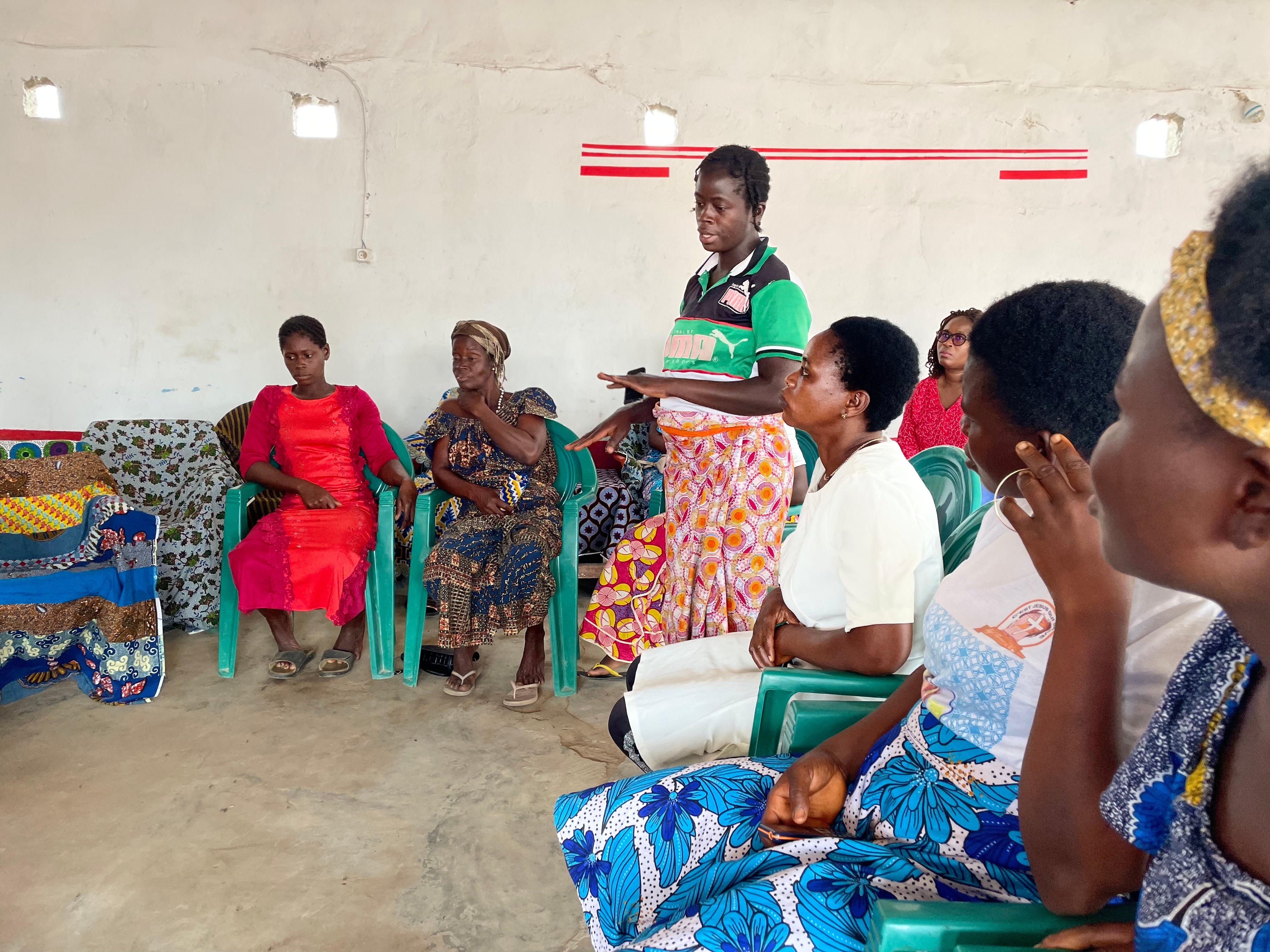
Women have less access to digital financial tools
While mobile money use has increased in Côte d'Ivoire, enabling farmers to transact more easily, women still lag behind men in access to the mobile phones necessary for accessing digital services including digital financial services. This disparity is due to several factors, including limited digital literacy, which often stems from socio-cultural barriers, restricted access to education and training opportunities, and traditional gender roles that limit their exposure to technology and insufficient funds to purchase mobile phones. However, women have embraced mobile money for transactions, highlighting a shift towards digital financial solutions despite prevailing fears of fraud and concerns over fairness in treatment within collective financial endeavors. In Côte d'Ivoire, there was a 27 percentage point difference between men's and women's ownership of mobile money in 2021.
Wi-Agri: a digital marketplace for empowerment
The Wi-Agri digital platform is a pioneering solution in Côte d'Ivoire's cashew value chain, offering a suite of solutions for the challenges faced by producers, particularly women. By recognizing the pivotal roles women play in the cashew value chain—from land preparation to harvesting and beyond—Wi-Agri developed a tech platform to bring service providers closer to farmers. Women using the platform gain access to their online space where they can post their products, making them visible to buyers also registered on the platform.
With features like virtual stock management, secure payments via mobile money, and access to credit through a partnership with a microfinance institution, Wi-Agri offers women producers the opportunity to optimize their operations and increase their income.
The physical approach with Digifemmes and Ambassadors
Beyond merely facilitating digital transactions on the Wi-Agri platform, it seeks to address the nuanced barriers that hinder women's full participation and success in the agricultural value chain. Key to the program’s success are ambassadors, or 'ambassadrices,' who are selected for their deep understanding and connection to the communities they serve. These ambassadors are not just facilitators or trainers; they are pillars of support and bridges of trust between the women and the digital world of agribusiness.
Digifemmes ambassadors are carefully selected from village communities for their proximity to the women and their ability to mobilize them. They must possess a minimum level of literacy and be comfortable using a smartphone. They meet with women producers and gatherers about twice a week, with tablets provided by Wi-Agri and weekly training sessions delivered by the Wi-Agri team.
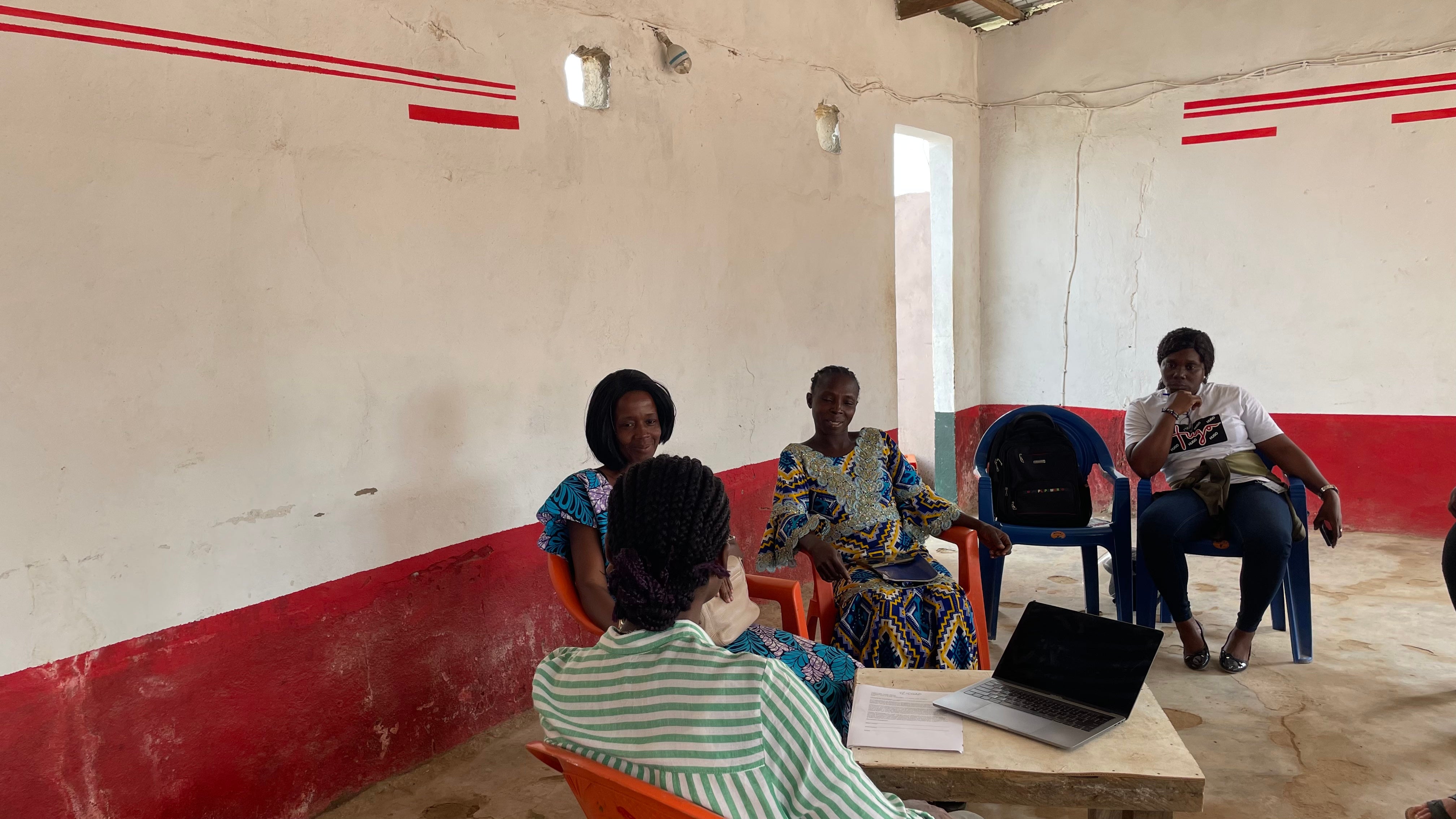
Ambassadors have enrollment targets and are responsible for answering frequently asked questions about the platform answering questions, gathering feedback, and distributing training materials. They help women navigate the Wi-Agri platform, ensuring even those with limited literacy or digital skills can benefit, which directly addresses a significant barrier to digital adoption. Ambassadors advocate for women’s needs, ensuring the program adapts to their realities and enhances their engagement with digital financial services.
There are various challenges for Digifemmes ambassadors, including producers’ lack of identification documents necessary for platform registration, and connectivity issues which can cause delays in enrollment. Ambassadors therefore raise awareness among women and their husbands about the importance of registration and the benefits of the platform and work closely with the Wi-Agri teams to resolve the technical and administrative issues faced by users.
The program is being strengthened with additional training modules on financial education, digital skills, and entrepreneurship, enabling women to better manage their finances and stimulate the growth of their businesses. Strategic partnerships with local organizations, community leaders, and government agencies, help reach more women in remote areas.
Planting seeds of change
Exploring strategic approaches, Wi-Agri can take a new step forward.
- How can Wi-Agri achieve sustainable business outcomes, create value for farmers (especially women), and help them build climate resilience and contribute to mitigation?
- How can the Wi-Agri platform effectively and sustainably expand to other value chains (e.g., rice, maize, cassava, cocoa)?
- Which partners might help Wi-Agri strengthen services in the cashew value chain and increase outreach and value (to rural women) and what lesson can be drawn from them?
- How can Wi-Agri effectively communicate its business model and vision to investors to showcase a sustainable business model?
To help answer these questions, IDH and CGAP are collaborating with Wi-Agri under the ABERA program, Accelerating Business to Empower Rural Women in Agriculture, to drive commercial innovation while advancing gender and climate goals. Join us in this journey as we aim to transform the future of sustainable agriculture and empower rural women!

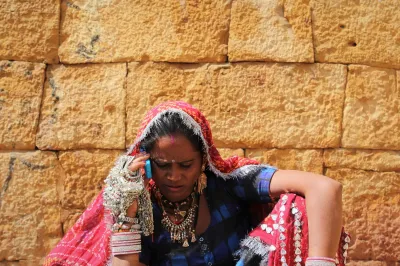
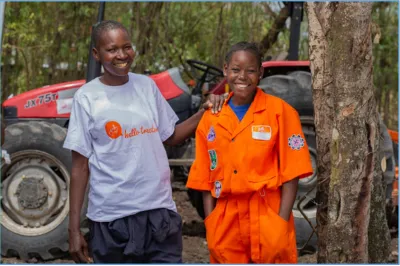
Add new comment